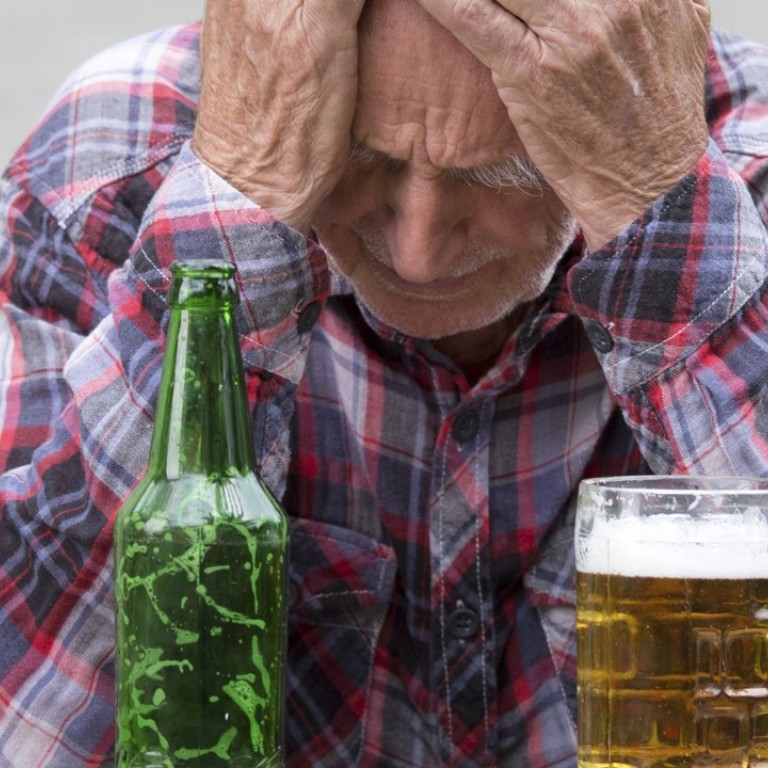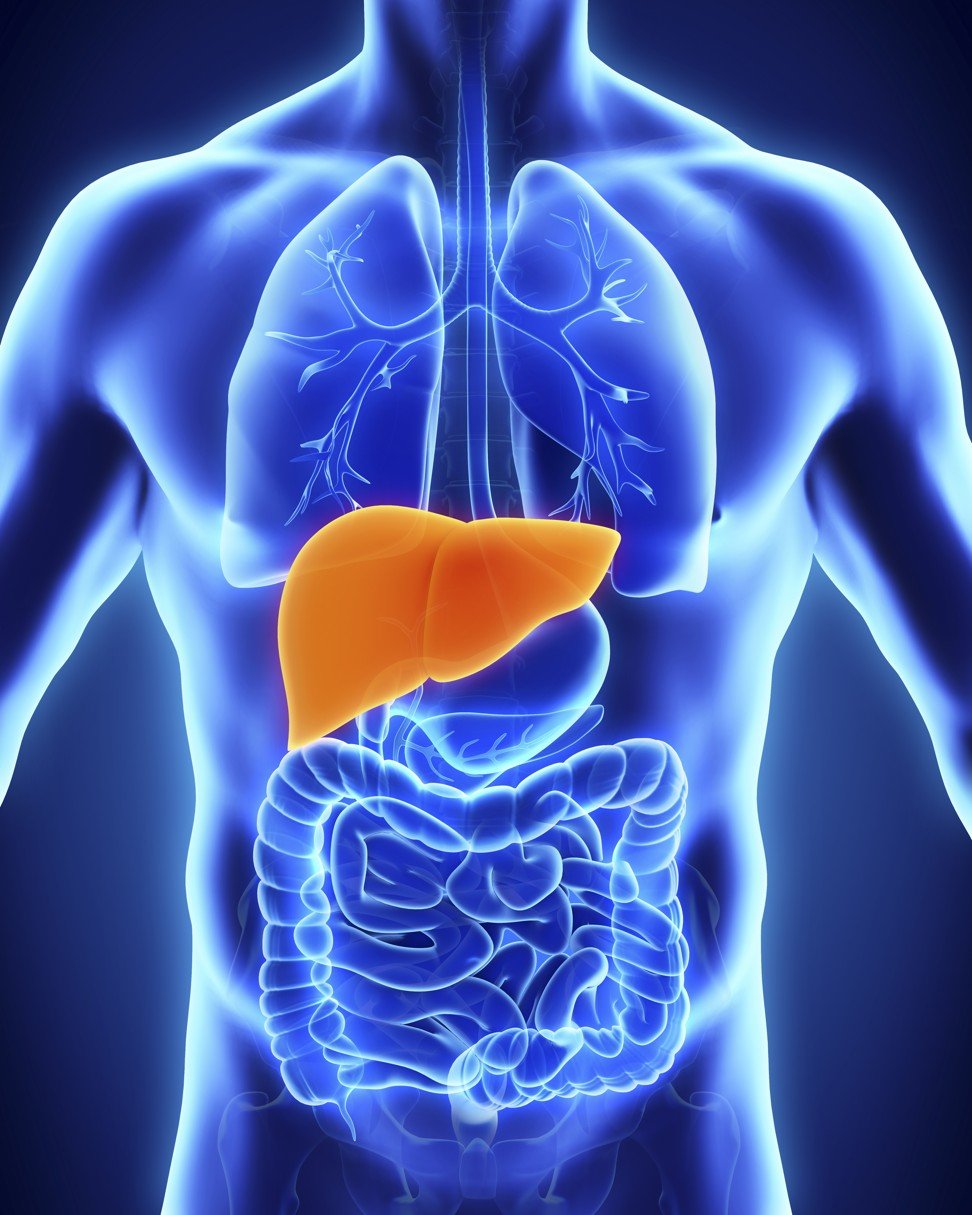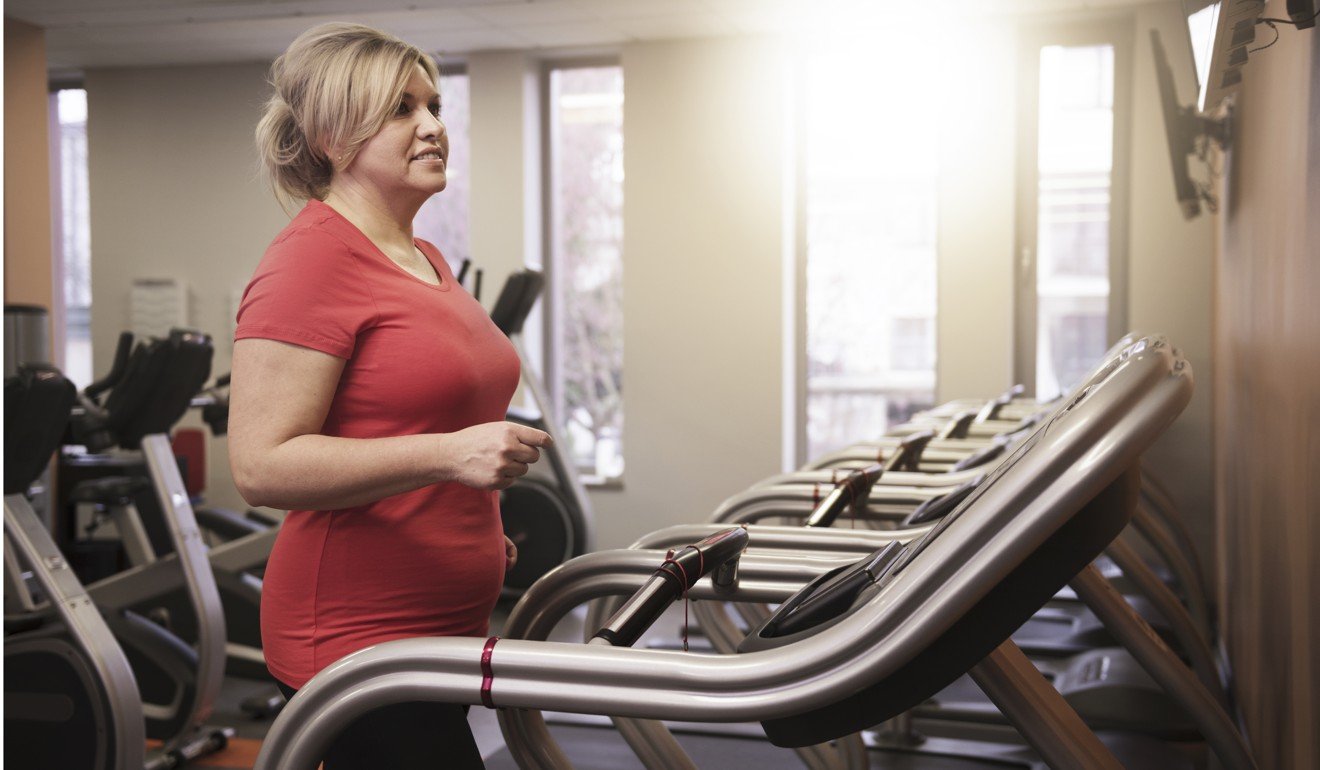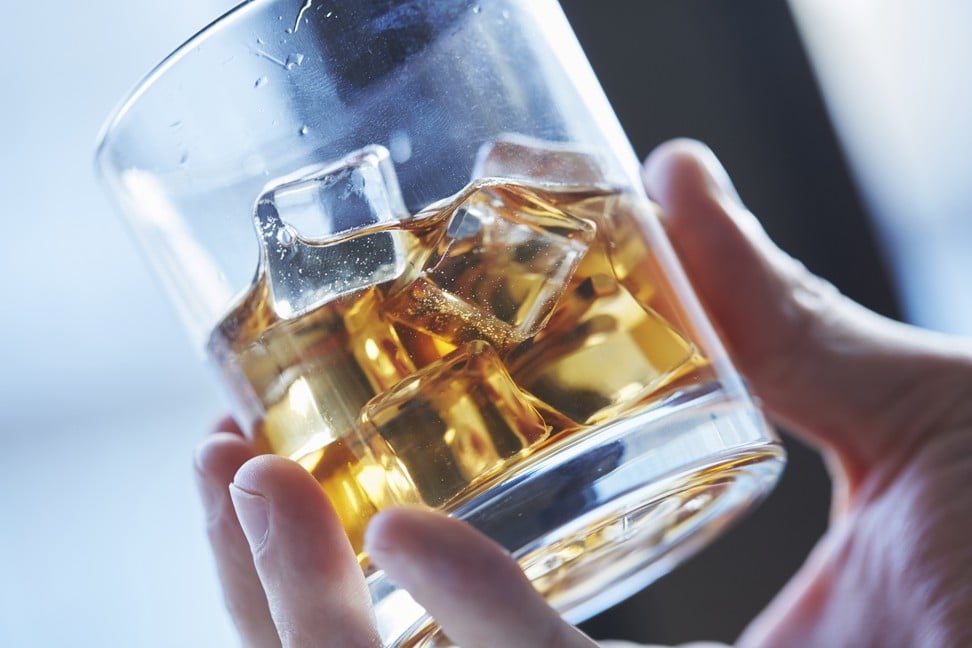
Five reasons why hangovers get worse as you get older – and what you can do to reduce the suffering
As we age and the level of enzymes to break down alcohol decreases, it stays in our system longer, and our bodies slow down. The key to pain-free mornings after are moderation, hydration and not mixing with medication
In your 20s or 30s, you might have spent an evening at the pub, knocking back pint after pint followed by a succession of Jagerbombs with barely a hint of a headache the morning after. Now, more than one glass of wine has you clinging to the sofa with a bucket by your side, painkillers in hand. You are not imagining it: your hangovers are getting worse with age and the struggle definitely isn’t just in your head.
Before we look into why hangovers get more complicated as we age, consider what happens when alcohol enters the body. The liver is the main organ responsible for metabolising ingested alcohol, breaking it down with enzymes, first into acetaldehyde, and then into acetic acid (the acid component of vinegar).
In youth, this process is a fairly well-oiled machine. But as we age, levels of the necessary enzymes decrease, acetaldehyde – which is a highly toxic, nasty chemical spends more time in our system, causing headaches, dry mouth, nausea, and a host of other unpleasant symptoms.
Here are five things you need to know before you have another cocktail:
1. Blood alcohol concentration rises
As we age, muscle mass is replaced by fat tissue. This means that an older person who drinks the same amount as someone younger will generally have a higher blood alcohol concentration. Even if you are drinking the recommended eight glasses of water a day, as we get older, our water content decreases. This increases the risk of dehydration as we drink alcohol – a diuretic – but it also means the alcohol remains in a more concentrated form in our system for a longer period of time.

2. Liver enzymes decrease
The process of ageing causes some major changes such as a reduction in liver mass and a reduction in total blood flow, though neither interferes with the liver’s normal functions. In spite of its resilience, the ageing liver is more vulnerable to injury: from toxins such as alcohol, viruses, and restricted blood supply, and its capacity to regenerate is slowed. A decline in liver enzymes affects the breakdown of alcohol, leaving the nasty acetaldehyde to linger in our system longer, causing a prolonged and potentially uglier hangover.
Hong Kong’s nine top hangover cures (some of them alcohol-free)
3. Higher body weight (fat for the most part)
With age often comes unwanted weight – usually made up of body fat. Fat cannot absorb alcohol, so the more body fat you have, the lower your tolerance to alcohol and the higher the chances of a hangover. This also explains why women, who typically have more fat stores around the body for childbearing and lactation, tend to have lower alcohol-tolerance levels. Staying active can help you maintain a healthy weight and reap the associated health benefits. Adults should do at least 150 minutes a week of moderate-intensity, or 75 minutes a week of vigorous-intensity aerobic activity, or a combination of the two.

4. Potential medication-alcohol interactions
The older we get, the more likely we are to be on medications or supplements designed to offset those pesky ailments that come with ageing, increasing the likelihood of us having a drug in the system that messes with the metabolism of alcohol. While it may seem like simple common sense not to mix medication with alcohol, people inevitably do. This can alter the way the body breaks down alcohol, causing hangovers to feel even worse. If you take medication, always check with your doctor before having a drink, or don’t drink at all. Medications that are known to interact with alcohol include: anti-anxiety drugs, antibiotics, antidepressants, antihistamines and blood thinners.
The world’s best hangover cures, from century-egg congee to tom yum soup ... and the hair of the dog
5. Natural process of slowing down
Our bodies begin to slow down as we age, not just our joints and muscles, but our internal organs, also. According to The National Institute on Ageing, the body takes longer to recover as we age, meaning that it is harder to fend off a common cold or other illness – and an awful hangover. This gradual weakening of the immune system is referred to as “immunosenescence”.
The ageing body is not the only culprit to blame for increasingly miserable post-drinking ruts. Our lifestyle and food choices play a large role, too.

The following three nutrition tips could make the morning after more manageable:
Stay in the clear
Focus on clear liquids during and after a big night out. Choose spirits such as vodka, gin or white rum – they are lower in hangover-causing congeners, a fermentation by-product. Avoid congener-rich spirits such as brandy, champagne, bourbon, cognac, whiskey, and tequila. Since alcohol blocks the release of vasopressin, a hormone that signals the kidneys to conserve water, it is easier to become dehydrated while drinking. Drink a glass (or two) of water between alcoholic drinks to stay hydrated and dilute the alcohol already in your stomach. The morning after, reach for some clear broth to help replace the sodium and potassium lost through drinking.
A professional’s advice on how to avoid a hangover this party season
Moderation is key
According to the Harvard School of Public Health, more than 100 prospective studies show that moderate drinking can potentially lower the risk of heart attacks. Alcohol raises HDL (“good cholesterol”) and improves blood clot formation and insulin sensitivity. A recent study published in the Archives of Internal Medicine and the International Journal of Obesity found that middle-aged women who drank moderately gained less weight over time than those who never drank. The key is to enjoy your favourite drink in moderation – defined by the Dietary Guidelines for Americans as having up to one drink per day for women and up to two drinks per day for men. And not every day.

Plan ahead
Hongkongers love happy hour! Avoid post-happy hour guilt by planning healthy meals leading up to your night out. Try to commit to healthy food and beverage choices throughout the day to avoid booze-induced calorie compensation and to not drink on an empty stomach. Consider having a potassium-rich banana on your way to meet friends. This will keep you from arriving famished with a major crash in blood sugar levels that leads to noshing on unlimited chips, salsa, and bar snacks.
Hongkongers hooked up to IV drips for vitamins and hydration - do they work?
Ageing is an inevitable yet natural process – your body just cannot process alcohol the way it used to. So when you raise your first glass, remember how it will make you feel tomorrow. And do avoid “the hair of the dog”. More alcohol is really not the answer.
Michelle Lau is a certified nutritionist and nutrition educator, and the founder of Nutrilicious, a Hong Kong-based nutrition consultancy company

